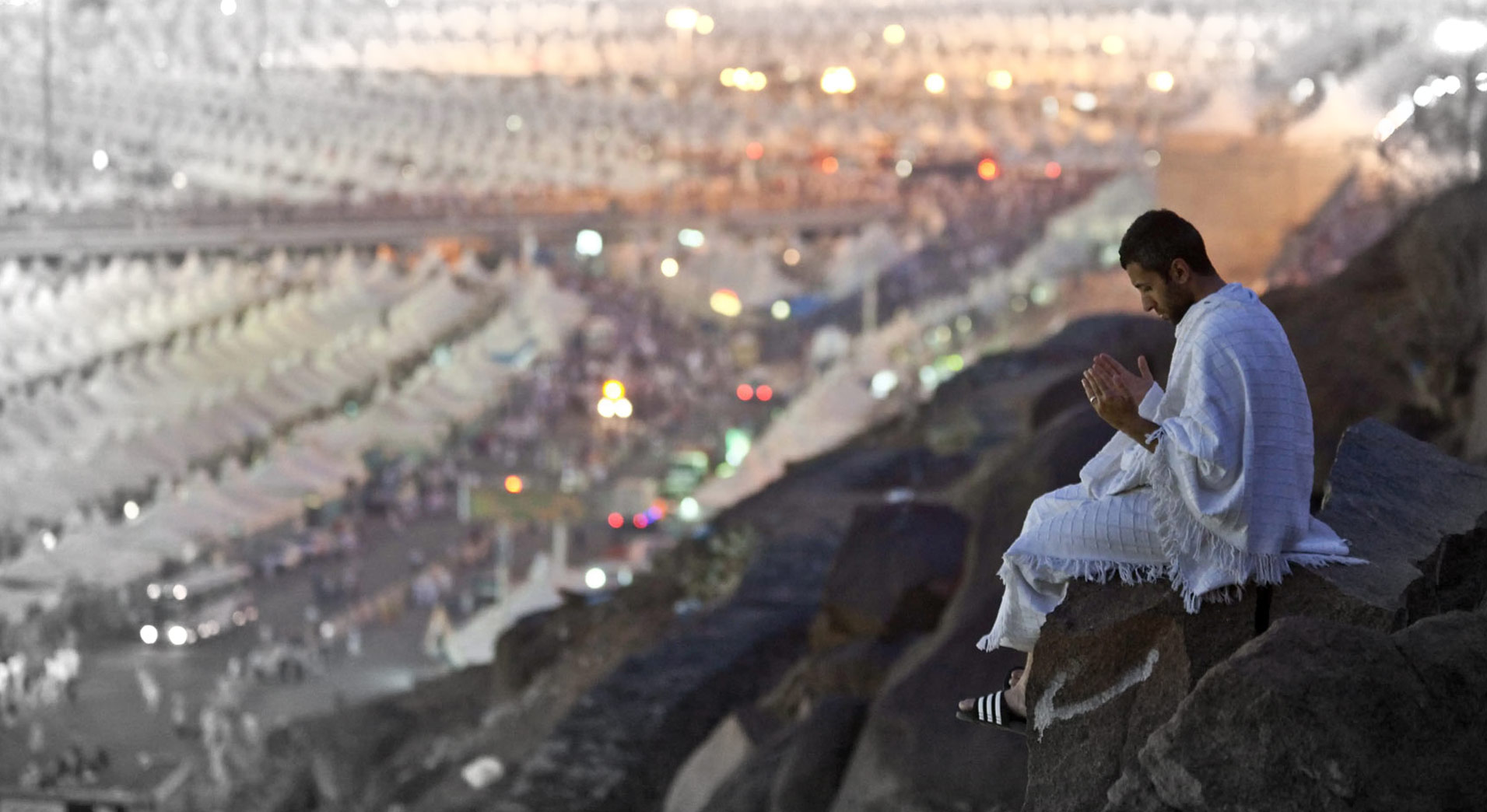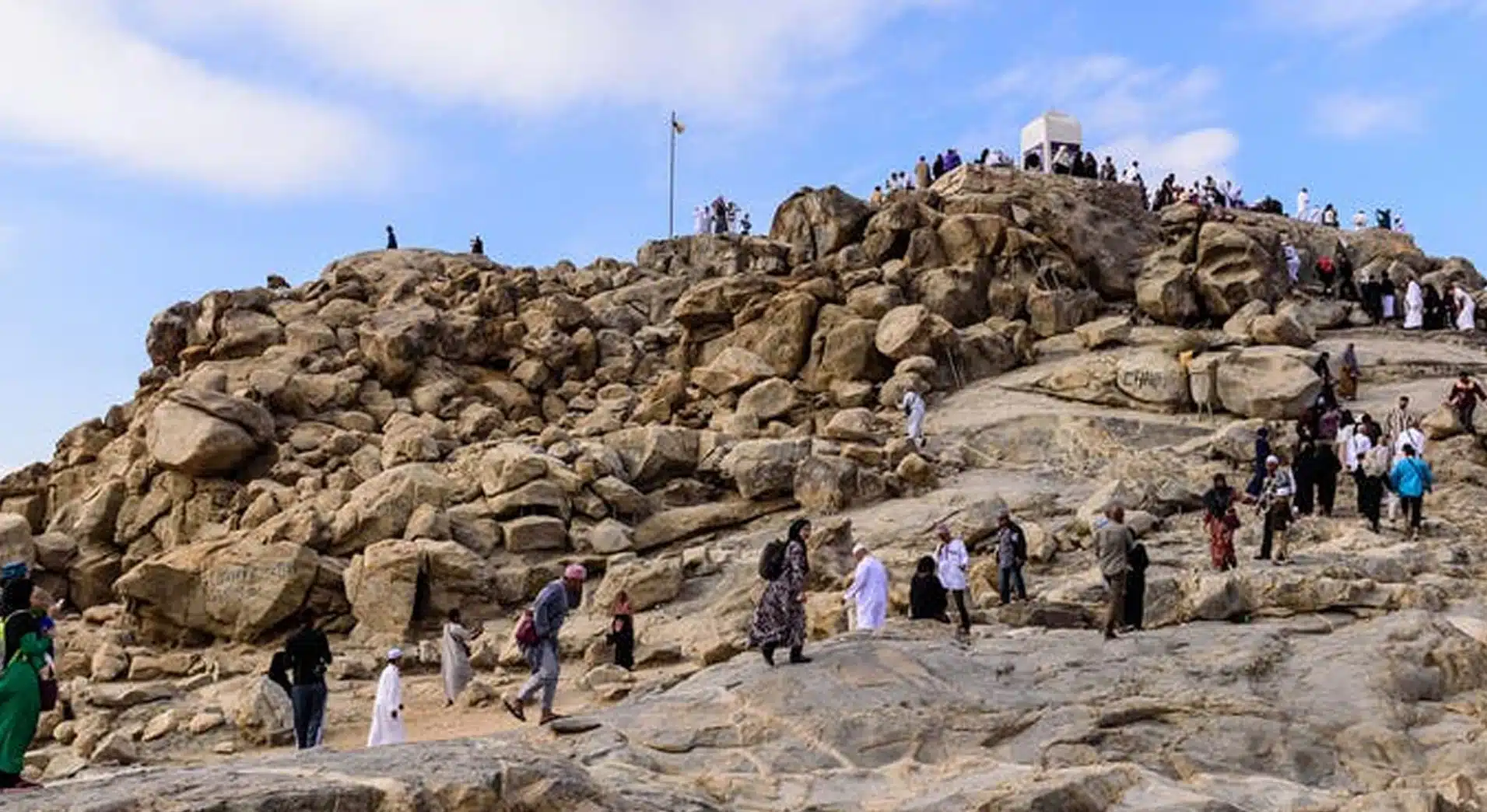The Holy Prophet’s companions are the Prophet Muhammad’s followers (PBUH). They were fortunate enough to see or hear him while he was alive. They are also called The Sahabah (Arabic: الصحابة). These people converted to Islam and stayed true to it until the end of their lives. They were crucial in the early dissemination of Islam. Also, they played a vital role in the compilation of the Quran. They also helped in the development of Islamic administration and law.
The six prominent companions of the holy prophet (PBUH) are as follows:
- Hazrat Abu Bakar Sadique (RA)
- Hazrat Umer Farooq (RA)
- Hazrat Usman (RA)
- Hazrat Ali (RA)
- Hazrat Zubair Ibn Al-Awam (RA)
- Hazrat Abdul Rehman Bin Auf( RA):
 0203-002-6366
0203-002-6366
 1-212-381-1055
1-212-381-1055 61-3-8820-5043
61-3-8820-5043  021-111-279-111
021-111-279-111




